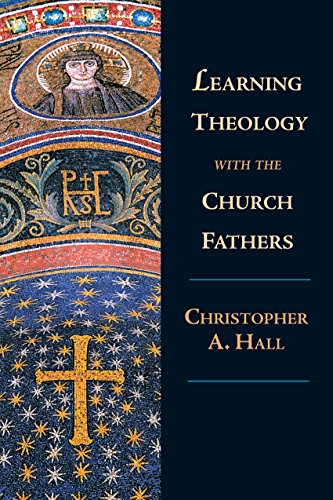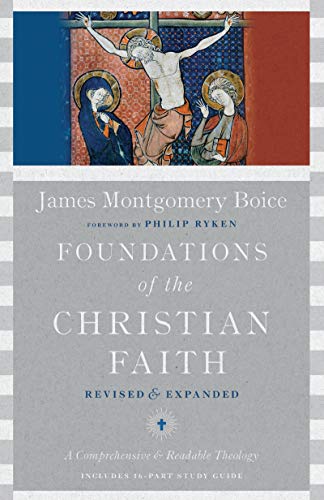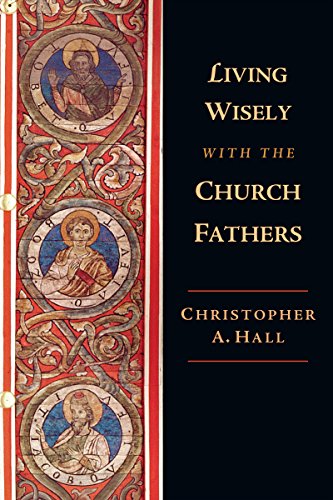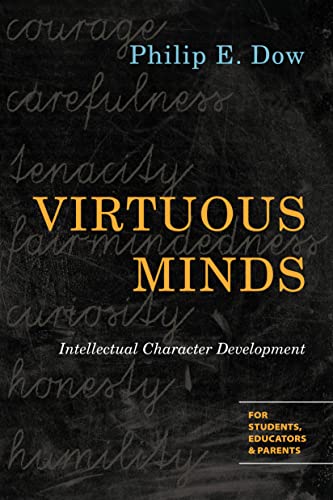Join our list
Subscribe to our mailing list and get interesting stuff and updates to your email inbox.
 Author(s): Ryan Nicholas Danker
Author(s): Ryan Nicholas DankerPublisher: IVP Academic
Price: $2.99 (Aug 7-8)
Why did the Wesleyan Methodists and the Anglican evangelicals divide during the middle of the eighteenth century?
Many would argue that the division between them was based narrowly on theological matters, especially predestination and perfection. Ryan Danker suggests, however, that politics was a major factor throughout, driving the Wesleyan Methodists and Anglican evangelicals apart.
Methodism was perceived to be linked with the radical and seditious politics of the Cromwellian period. This was a charged claim in a post-Restoration England. Likewise Danker explores the political force of resurgent Tory influence under George III, which exerted more pressure on evangelicals to prove their loyalty to the Establishment. These political realities made it hard for evangelicals in the Church of England to cooperate with Wesley and meant that all their theological debates were politically inflected.
Rich in detail, here is a book for all who seek deeper insight into a critical juncture in the development of evangelicalism and early Methodism.
 Author(s): Christopher A. Hall
Author(s): Christopher A. HallPublisher: IVP Academic
Price: $2.99 (July 24-25)
The early church fathers were great theologians–though they did not think of themselves as such.
They were working pastors, involved in the daily life and leadership of their congregations. Yet they were wrestling with many of the great and formative questions of the Christian faith, such as the Trinity, the incarnation, the providence of God and the nature of the church.
These beliefs were defined in the crucible of spiritual leadership, pastoral care and theological conflict, all set against the background of the great cultural movements and events of their day. For the church fathers, theology was a spiritual exercise woven into the texture of life.
What would it be like to sit under the preaching and instruction of these great men, to look over their shoulders as they thought and wrote, or to hear them debate theological issues?
Learning Theology with the Church Fathers offers us that experience. With the same insight and love of his subject that he brought to Reading Scripture with the Church Fathers, Christopher A. Hall opens the door on patristic theology. Focusing on the great questions, we view these issues in their settings and find greater appreciation for the foundations and architecture of our Christian faith.
 Author(s): James Montgomery Boice
Author(s): James Montgomery BoicePublisher: IVP Academic
Price: $2.99 (July 17-18)
In one systematic volume, James Montgomery Boice provides a readable overview of Christian theology. Both students and pastors will benefit from this rich source that covers all the major doctrines of Christianity.
With scholarly rigor and a pastor’s heart, Boice carefully opens the topics of the nature of God, the character of his natural and special revelation, the fall, and the person and work of Christ. He then goes on to consider the work of the Holy Spirit in justification and sanctification. The book closes with careful discussion of ecclesiology and eschatology.
This updated edition includes a foreword by Philip Ryken and a section-by-section study guide. Both those long familiar with Boice and those newly introduced to him will benefit from his remarkable practicality and thoroughness, which will continue to make this a standard reference for years to come.
 Editor(s): Jessica R. Joustra & Robert J. Joustra
Editor(s): Jessica R. Joustra & Robert J. JoustraPublisher: IVP Academic
Price: $2.99 (July 3-4)
Abraham Kuyper, the Dutch Neo-Calvinist theologian, pastor, and politician, was well-known for having declared that there is “not a square inch” of human existence over which Jesus Christ is not its sovereign Lord.
 Author(s): Paul Wesley Chilcote
Author(s): Paul Wesley ChilcotePublisher: IVP Academic
Price: $2.99 (Jun 19-20)
Scholar and teacher Paul Wesley Chilcote provides a full and clear introduction to the dynamic faith of John and Charles Wesley. The vital theology of John is skillfully gleaned from his voluminous writings. The corresponding faith of Charles is culled from his enduring hymns.
For students and general readers this book illuminates the vital balance the Wesleys found in Christian teaching that overcomes the often mutually exclusive options presented in other theological traditions. Chilcote shows that such a synthetic faith is not boring or irrelevant but transforming and life-giving, bringing together faith and works, Word and Spirit, the personal and the social, the head and the heart, mission and service.
 Author(s): Christopher A. Hall
Author(s): Christopher A. HallPublisher: IVP Academic
Price: $2.99 (Jun 12-13)
The first centuries of Christianity are like a far country. But despite their foreignness, they hold a treasury of wisdom for living. Early Christians struggled and flourished in a culture that was in love with empire and military power, infatuated with sex and entertainment, tolerant of all gods but hostile to the One. And from this crucible of discipleship they extracted lessons of virtue, faithfulness, and joy in Christ.
Christopher Hall takes us to the ancient Mediterranean world, inquiring Christian leaders how to live a good life as a Christ follower. The menu of topics wends its way through wealth and poverty, war and violence, marriage and sexuality, theater and the arena, as well as the harsh realities of persecution and martyrdom.
Gathering around Basil or Chrysostom or Augustine, we are instructed anew in the way of discipleship. And as they grapple with issues surprisingly resonant with our own, this cloud of ancient witnesses both surprises and challenges us in the life of faith.
 Author(s): Philip E. Dow
Author(s): Philip E. DowPublisher: IVP Academic
Price: $2.99 (Jun 5-6)
Templeton Foundation Character Project’s Character Essay and Book Prize Competition award winner
What does it mean to love God with all of our minds?
Our culture today is in a state of crisis where intellectual virtue is concerned. Dishonesty, cheating, arrogance, laziness, cowardice–such vices are rampant in society, even among the world?s most prominent leaders. We find ourselves in an ethical vacuum, as the daily headlines of our newspapers confirm again and again. Central to the problem is the state of education. We live in a technological world that has ever greater access to new information and yet no idea what to do with it all.
In this wise and winsome book, Philip Dow presents a case for the recovery of intellectual character. He explores seven key virtues–courage, carefulness, tenacity, fair-mindedness, curiosity, honesty and humility–and discusses their many benefits. The recovery of virtue, Dow argues, is not about doing the right things, but about becoming the right kind of person. The formation of intellectual character produces a way of life that demonstrates love for both God and neighbor.
Dow has written an eminently practical guide to a life of intellectual virtue designed especially for parents and educators. The book concludes with seven principles for a true education, a discussion guide for university and church groups, and nine appendices that provide examples from Dow?s experience as a teacher and administrator.
Virtuous Minds is a timely and thoughtful work for parents and pastors, teachers and students–anyone who thinks education is more about the quality of character than about the quantity of facts.


